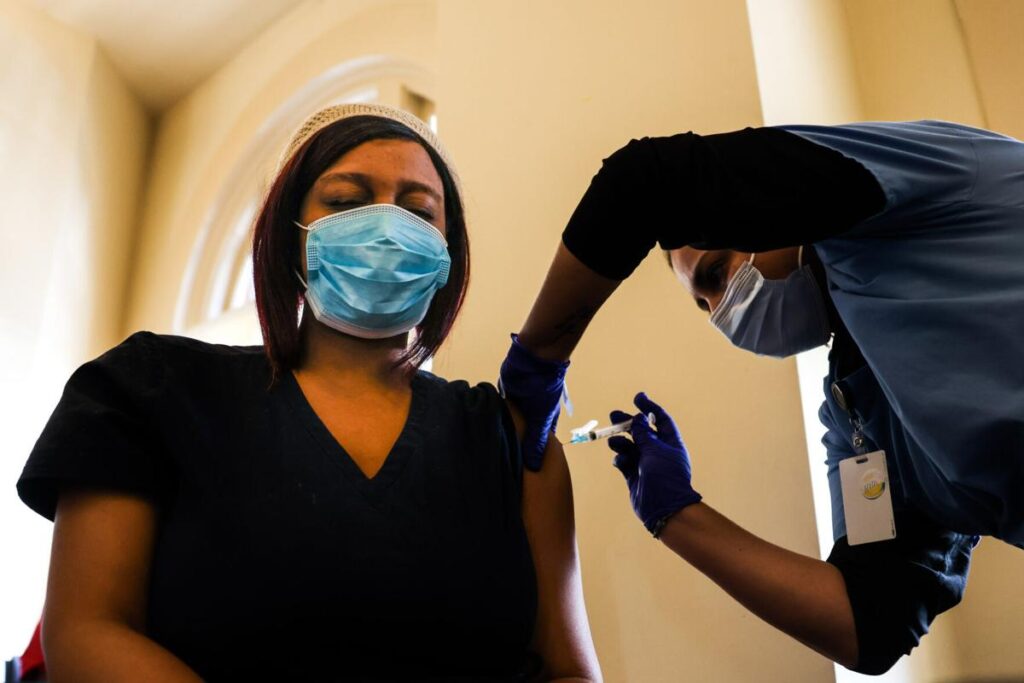Engel: Understanding the difference between today’s school board candidates

I grew up in Denver Public Schools, for the most part. My elementary school was Brown, located in what is now named “The Highlands.” The school had the same principal for 30 years. In middle school, I thought I might get a better education in private school. so I asked my parents if I could attend Holy Family, the Catholic school several miles away. I remember the nuns at Holy Family initially nodding their heads at my school work. But 18 months later, with straight A’s, and the recognition that my private education hadn’t proven any better, I returned to Skinner Middle School and finished out my education in the neighborhood schools where my family lived.
During my generation, public education was the great equalizer. I had the opportunity to learn from the best teachers. And I had the privilege of learning with kids from all ethnic, religious and economic backgrounds. That experience of diversity was perhaps the best part of my education. I certainly received an intimate lesson about the “haves” and the “have-nots.”

As a 25-year children’s advocate and education expert, I know that things have gotten worse for the “have-not” children in DPS. You may have read the recent headline, “Denver ranks last among 37 cities scrutinized for income-based achievement gaps.”
The past decade has been marred by school board members who have viewed teachers in DPS not as the solution but as the problem. Veteran educators have literally been chased out of the district because novice teachers cost less and make less noise. DPS has the highest teacher turnover rate in the state – 22 percent left the district last year, and 44 percent of teachers have been placed on probationary status, many with decades of experience. A recent report revealed 90 percent of school principals have turned over during the six-year tenure of Superintendent Tom Boasberg.
The DPS board majority has systematically shut down schools, particularly in high-poverty neighborhoods and especially in the far northeast. Amidst outrage from parents and community members, schools including Cole and Lake Middle School, Manual High School and dozens of elementary schools have been left in a perpetual state of chaos and confusion. The results are that the number of at-risk children in DPS has significantly increased, and the achievement gap between white and students of color has steadily widened.
Property values – along with an economically and racially biased accountability system – have led to three-fourths of schools being segregated and alarming rates of gentrification. Socio-economic status is the highest correlator to test scores. Tying indicators of success to tests oversimplifies a complex problem while rewarding wealth and unfairly punishing impoverished children and their teachers.
Citizens should know that the current “volunteer” DPS board was seated by $1.1 million in campaign contributions. Instead of serving the interests of children, the majority of six have wielded extensive abuses of power building a $70 million dollar administrative building while children like those at Garden Place Elementary are left to learn in squalor. The DPS board hires more outside consultants, promotes for-profit education management organizations tied to hedge fund investors and has the highest proportion of administrators of any district in Colorado.
In this election, and the neighboring races in Jeffco and Douglas County, a small margin of those voting will determine “who” gets served and “where” the money will go. It’s not a Republican vs. Democrat issue. In Denver, Democrats are running against Democrats and in Douglas County Republicans are running against Republicans. Massive Super PACs financing the business-model approach to school reform are funded by nonprofits and corporations like the Gates Foundation (Democrats) and the Walton Foundation and Koch Brothers (Republicans). The issues are more nuanced, drawing the dividing line not along political party but along the lines of corporate vs. community control.
Those on the corporate side continue to push for policies that create revenue streams for education products and a discounted workforce. Gates, for example, made billions of dollars when districts had to purchase Microsoft computers to administer the state-mandated PARCC tests. The Littleton Public Schools district spent over $1 million, and Colorado has 178 school districts of varying sizes. The Walton Foundation has adhered to a voucher agenda from the beginning, using privately run charters and the voucher initiative in Douglas County as a backdoor strategy to access public dollars for private gain. The Koch Brothers have never liked the idea of equity and integration, recognizing that education gains lead to economic gains – that sort of combination provides an enormous threat to the existing power structure. There are dozens more corporations including data managers, curriculum publishers, teacher evaluators, online education distributors, and even housing developers, who have rallied to successfully exploit the market of children’s learning and taxpayer dollars in public education.
Campaigns bought by a small group of rich and powerful lead to candidates who serve the narrow interests of the rich and powerful. This election, the alternatives are moms and dads who see the writing on the schoolhouse wall and have decided to challenge the greed and fear in order to protect all kids and all communities. There is a difference this election, and it is an important one.
Angela Engel is a 25-year children’s advocate, author, and leadership developer. Her website is angelaengel.com












